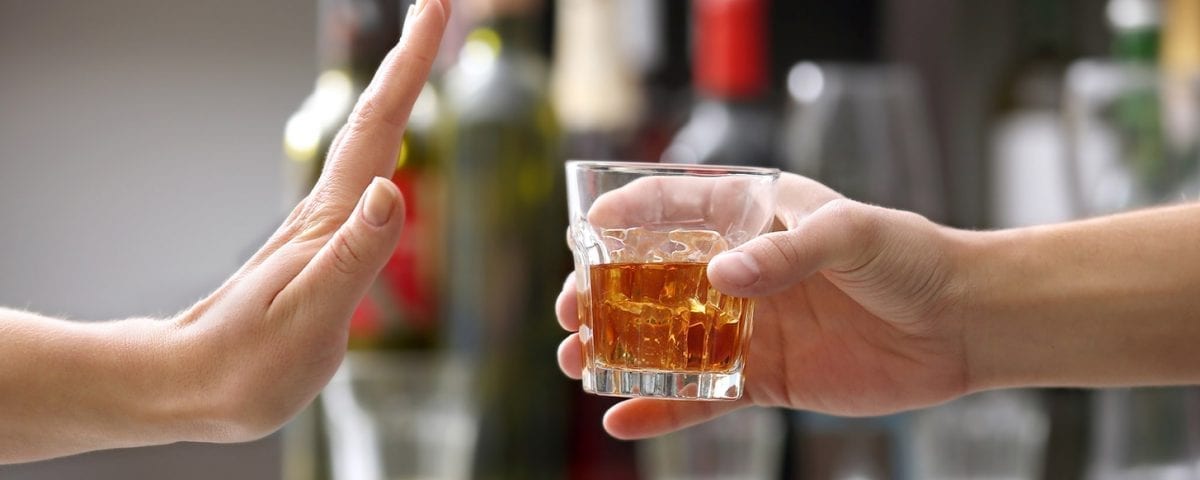Is it possible that a method of treatment known as neurotransmitter restoration therapy could help people suffering from substance abuse, addiction, post-traumatic stress disorder, and other mental health disorders?
One psychotherapist, Paula Norris, believes it could, and here's why.
Paula has been practicing psychotherapy since 1979, and has focused on acute and chronic stress, chemical dependency, depression, and PTSD, among other mental health conditions as well as family and marital issues. She has worked with children and adults alike, in both residential and non-residential treatment programs, as well as hospitals and psychiatric wards. She believes in using therapy as an integral tool during treatment for addictions, acute and chronic depression, and PTSD. Paula is now one of the leading trailblazers to advocate for the intravenous administration of NAD (nicotinamide adenine dinucleotide) as a physical aid to mental health problems. NAD is a naturally derived coenzyme of vitamin B3, also known as niacin.
A New Approach to Addiction Treatment
Paula first heard about NAD back in 1998, when she sought treatment for her own daughter, who had a major personality change, and was suspected of struggling with some degree of drug abuse. An American doctor, William Hitt, practicing in Mexico was experimenting with a similar treatment called neurotransmitter restoration therapy, or NTR. A friend of Paula's introduced her to his practice, which yielded wildly successful results, described as “miraculous.” So, she reached out to Dr. Hitt, who explained his NTR was made up of an an amino acid supplement. Paula decided to send her daughter to Mexico to try out the NTR for her drug abuse. After a 10 day treatment period, she returned home with the personality Paula knew her to have, and went on to lead a successful life. Following this, they began a sort of partnership together. Paula began referring patients to Dr. Hitt for similar NTR during detox, and he would refer his American patients to Paula for aftercare once they had gone through detox with him.
After seeing positive results in a number of cases, the Discovery Channel created a special in 1998 that focused on alternative treatments for drug addiction, and they did a piece on Dr. Hitt's clinic. Paula noted this special did not air in America, however, so she reached out to a friend who worked for a local New Orleans news station, and went on to create her own series that aired in 2000. Paula has since opened up a clinic in Springfield, Louisiana, (originally in New Orleans), called Springfield Wellness Center, which she runs with her husband who is also a doctor. After researching other forms of addiction treatment, Paula found that NTR therapy used NAD as the main, active ingredient. They have successfully treated over 800 patients with intravenous NAD, and patients say their results are “too good to be true.”
The Future of Addiction Treatment
Paula gave a presentation at the Society of Neuroscience meeting in November 2014, where she discussed results of a study of 60 adult patients. These adults all had addictions to either alcohol and/or opiates, and were treated with NAD for a 10 day period. By the final day of treatment, on a scale of one to ten, the patients reported their cravings were down to an average of one or lower. These cravings remained this low even up to 20 months after treatment, proof that this therapy really could be “to good to be true.”
While this physical treatment as proven effective, Paula still believes patients should address the reason(s) they were pushed into using in the first place, and not simply ignore them because the cravings are gone.









